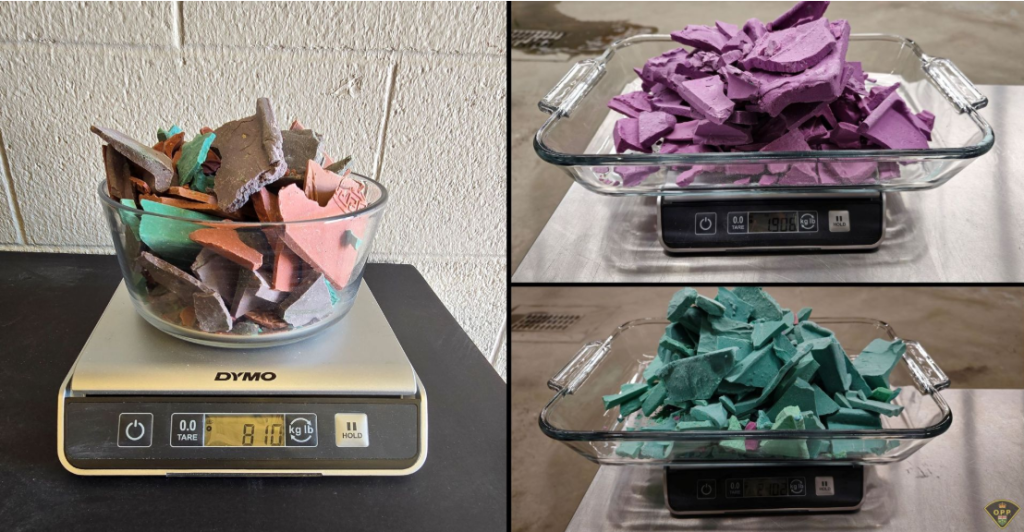Canadians looking to privately sponsor Afghan refugees frustrated at process
Posted Dec 23, 2021 09:00:00 AM.
Zahir Alizai is frustrated.
His family fled Afghanistan for neighbouring Pakistan earlier this year and he’s been trying for months to bring them to Canada as refugees but his attempts have been unsuccessful.
He’s one of many Canadians trying to privately sponsor loved ones who left Afghanistan for neighbouring countries following the Taliban’s takeover of Kabul. But strict rules for individual sponsors and limits on how many refugees organizations can bring over have left Alizai and others feeling discouraged.
“I’ve been trying to be a law-abiding citizen in this country and I’ve been working, I’ve been paying tax … But unfortunately when there is a need, no one is there to help me, no one is there to help my family members,” the 40-year-old Toronto resident said in a recent interview.
“I’m really frustrated, really disappointed.”
The federal Liberal government initially promised to settle 20,000 Afghan refugees and then doubled that commitment to 40,000 during the election campaign in September.
Refugees can be brought to Canada by the government or through the Private Sponsorship of Refugees Program, which allows citizens, permanent residents and certain organizations to sponsor newcomers provided they can support the refugees with the funds needed to start a life here.
But private citizens cannot sponsor those who do not have United Nations refugee status in the countries they are coming from, and organizations that sponsor refugees – called sponsorship agreement holders – have caps on how many newcomers they can bring over.
In Alizai’s case, his family fled to Pakistan but they don’t have U.N. refugee status in that country, which means he cannot sponsor them as an individual. Several organizations that have agreements with the Canadian government to sponsor refugees annually have told him they don’t have any available spots for his family, he said.
“When I talk to my sister or when I talk to my brother and I see that they’re crying, the situation is really tough,” said Alizai. “It really affected me and affected my whole family.”
Alizai’s sister, her husband, their three children and his younger brother all left Afghanistan over fears of being killed by the Taliban since his sister was an activist and schoolteacher, he said.
“They did not make that decision easily. They had your own life, your own family, I mean in terms of a house, car, job, everything, but they left,” he says. “Their life was in danger.”
Stephen Watt, the co-founder of Northern Lights Canada, a non-profit that sponsor refugees, said the federal government has not said whether it will waive the requirement of U.N. refugee status for Afghan newcomers.
“The information that we’ve all been waiting for and hoping for, which will help us do our work of privately sponsoring people and helping Afghans come to Canada, that information is just not forthcoming,” he said.
His organization applied to sponsor an Afghan family that doesn’t have a U.N. refugee status but has refugee cards issued by the Pakistani government about two months ago.
“We just applied and we’re kind of hoping for the best. We won’t know until the application is accepted or not accepted. And because the whole system is slow it might be six months, a year before we find out,” Watt said.
A spokesman for the federal immigration minister said the government is accepting refugee registration cards issued in Pakistan as proof of refugee status for Afghan refugees.
Alexander Cohen said about 1,000 privately sponsored Afghan refugees have already arrived in Canada, including 350 who landed in Toronto on Tuesday.
The government has allocated 10 more sponsorship application spaces to all the organizations that have agreements with Ottawa to bring in refugees every year, and will allow some of those organizations to sponsor more refugees in the near future if they are interested and have the capacity, Cohen said, noting that the Afghan resettlement program is proving more challenging than other ones.
“We’ve never designed and implemented an entirely new and unique immigration program, processed and vetted thousands of applications and then evacuated thousands of those people from a war zone,” he said. “There was no playbook that could simply be dusted off and implemented.”
Janet Dench, executive director of the Canadian Council for Refugees, said her organization has been calling on the government to drop the requirement of a U.N. refugee status document for those applying to be sponsored as refugees by Canadian citizens and permanent residents.
“That’s a really big barrier,” she said.
Dench said the current situation is very frustrating for those who want to help Afghan refugees get to Canada and urged the government to provide specifics on its plans for the resettlement program, including just how many privately sponsored refugees it will allow.
“It’s a really desperate situation and if you’re an NGO or you’re a private sponsor or you’re a lawyer, everybody’s asking you: How can I help?” she says. “It’s really urgent that they clarify things.”
This report by The Canadian Press was first published Dec. 23, 2021.
Maan Alhmidi, The Canadian Press








